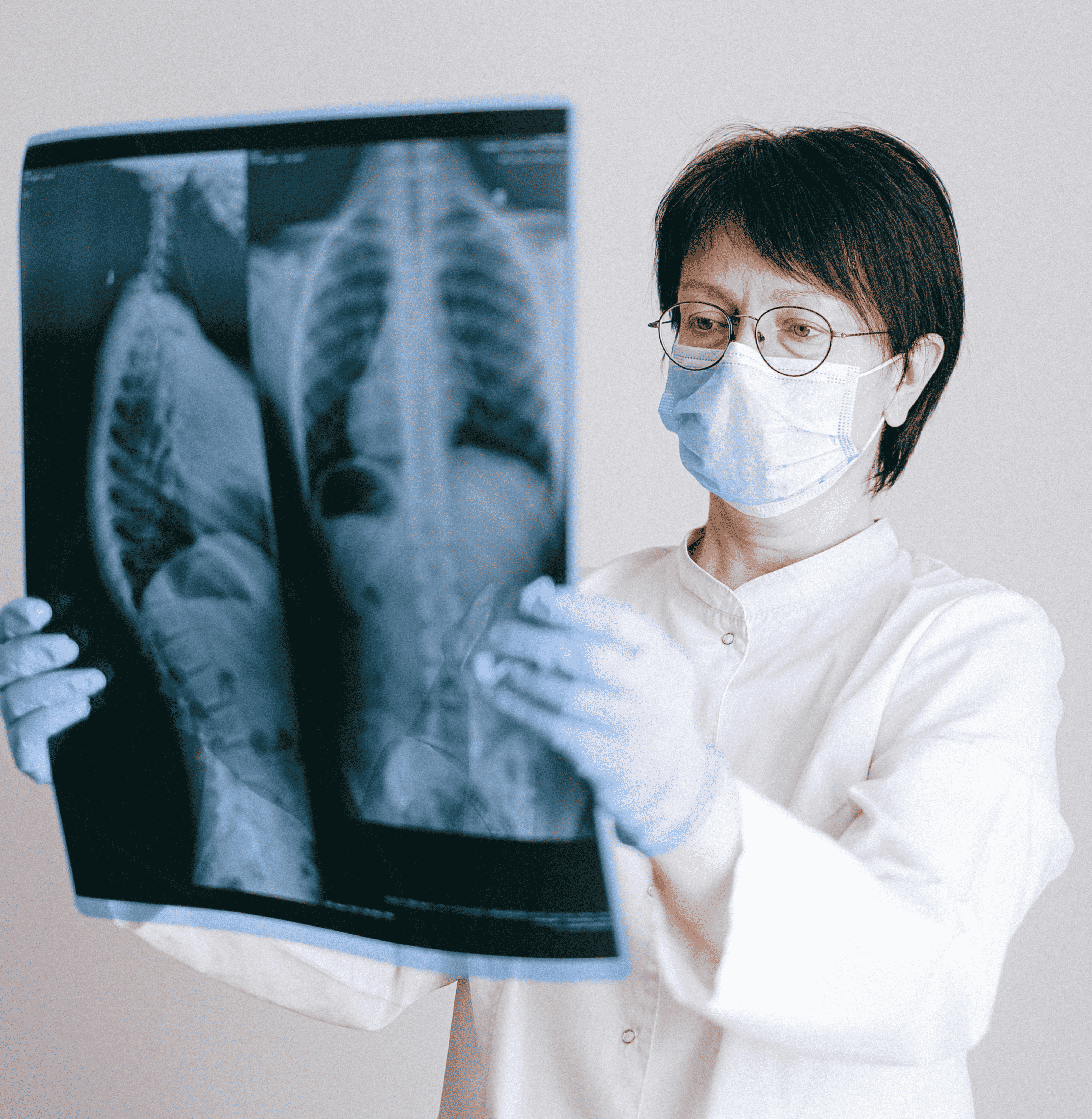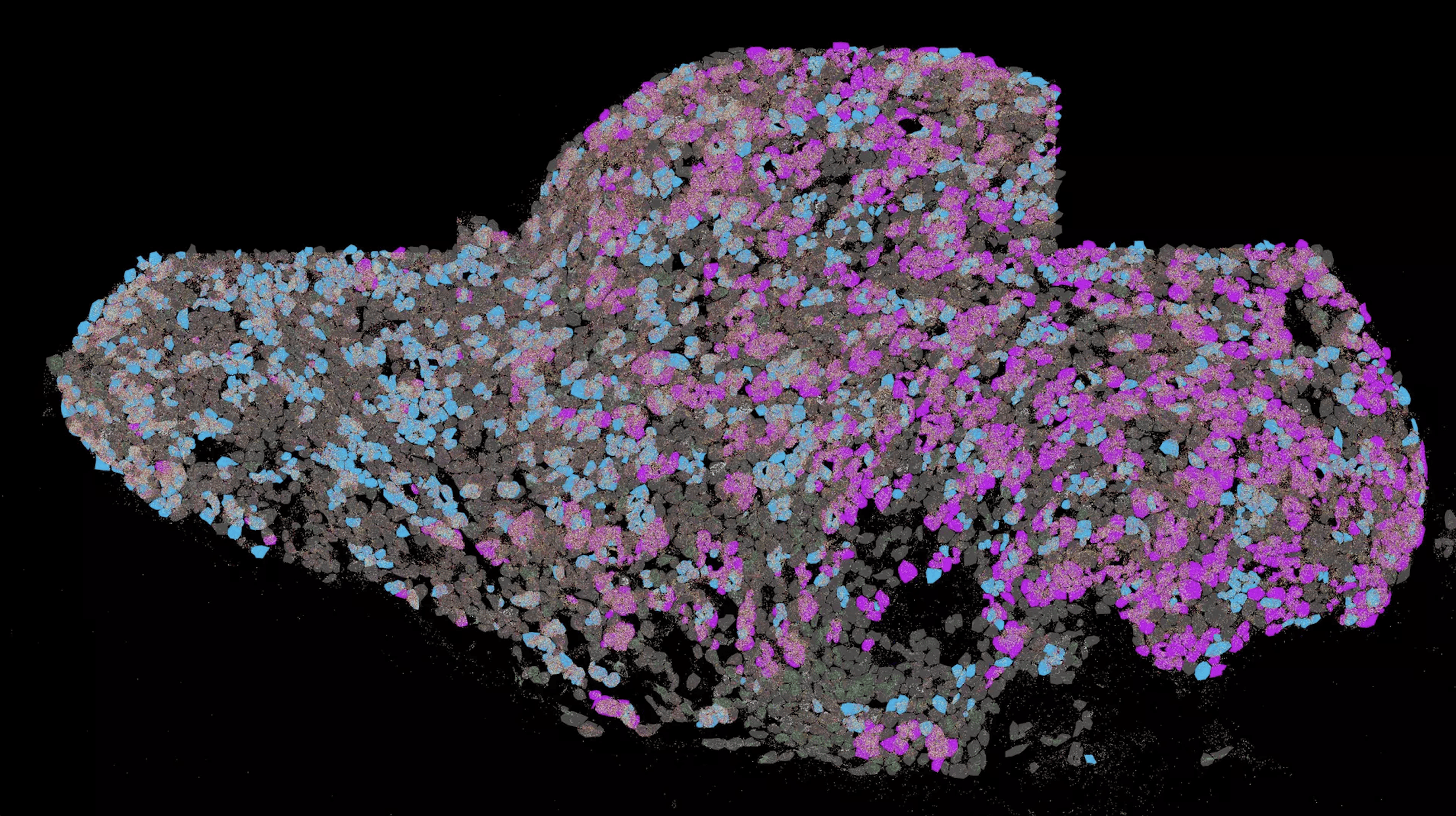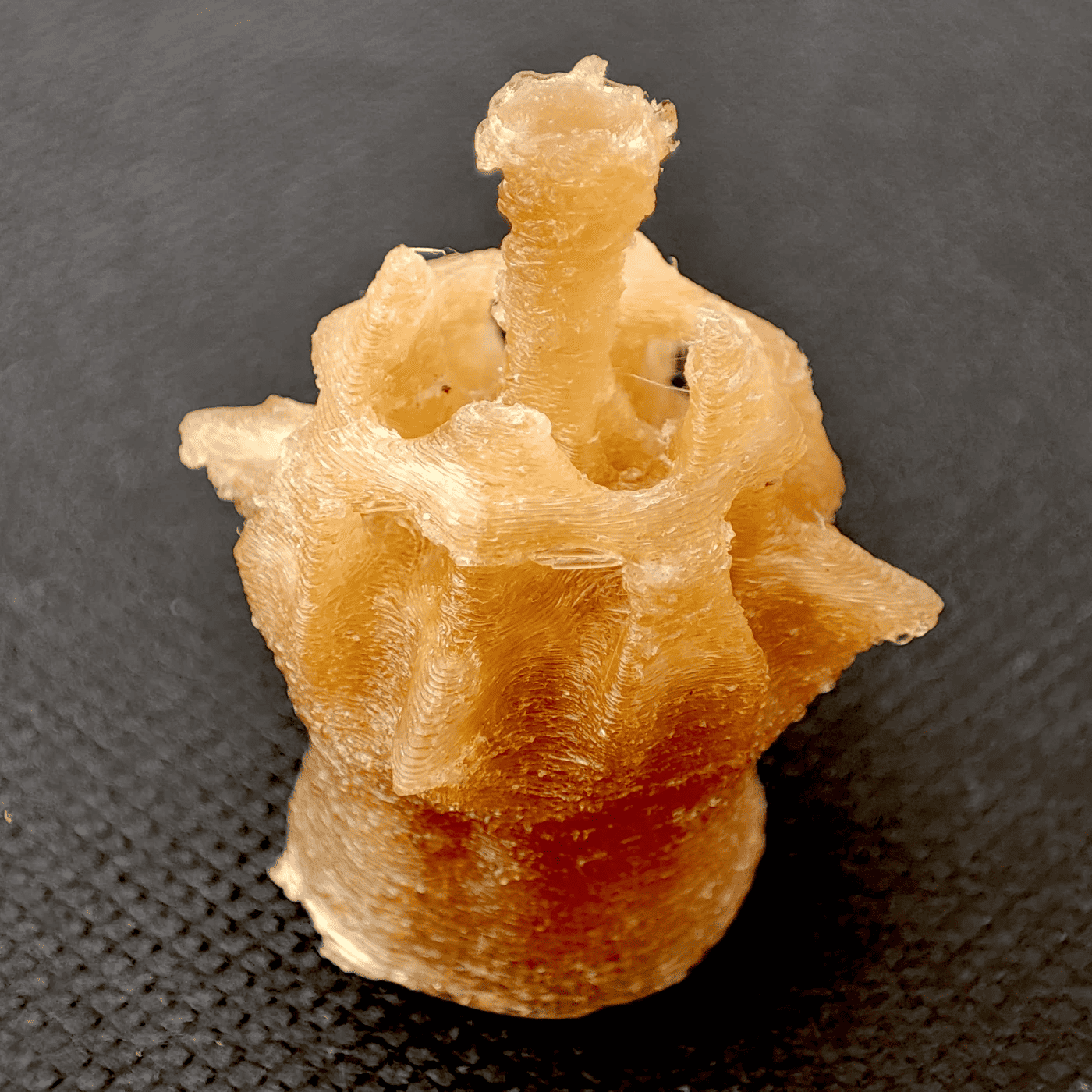
A corona infection triggers a complex response from our body causing it to develop an immunity to the virus. Simply put, two main pillars of our immune system must remember the virus. These are the antibody-producing B cells and the memory T cells. The more that is known about how this works in corona cases, the more effectively vaccines and drugs can be developed.
One of the research institutes that has been working on this since the beginning of the pandemic is the German Max-Planck Institute for Immunology and Epigenetics. Together with the University Clinic of Freiburg, they have now found that the cytokine Interleukin-33 plays an important role in this.
Cytokines can be seen as a kind of messenger that put the defense mechanism (the T-cells) to work as soon as they recognize a virus they have seen before.
155 patients
“We started this research early on during the pandemic,” says Erika Pearce of the Max-Planck Institute. “Our aim was to study immunity to the virus in people who had already recovered from Covid-19.”
As part of the study, the team of researchers examined blood samples from 155 people, most of whom had only mild symptoms of illness. The researchers determined the amount of antibodies against the so-called spike protein of the virus. They found that the patients retained high levels of antibodies more than two months after infection. This indicated that they were most likely protected from reinfection.
Encouraging
“We found these results very encouraging. However, we also wanted to better understand how the immune system would really respond to a second exposure to the virus,” says Petya Apostolova, a colleague of Pearce.
Effective immunity against a virus is established when enough antibodies and memory T-cells are present in the blood of a person who has recovered from the disease or has been vaccinated. On subsequent contact with the virus, the immune system quickly kicks in and the person does not get sick again.
To test how this happens after an infection with Covid-19, the team exposed blood cells of participants who had produced antibodies to the virus to a small amount of the virus. They were then able to observe that memory T cells that had developed did respond quickly to the virus proteins. “At the same time, we measured a large number of molecules that our immune cells use to communicate with each other. Interleukin-33 stood out in particular.”
IL-33
That amount of interleukin-33 correlated with the amount of antibodies people had produced, along with the activation levels of their memory T cells,” Apostolova explains.
Interleukin-33, or IL-33 for short, like other cytokines, is released by cells that detect danger in their environment. IL-33 can have beneficial effects by activating T cells and stimulating the production of antibodies. Yet cytokine can also stimulate inflammation in the lungs and has been linked to chronic lung disease in previous studies.
This research study by the Freiburg researchers is the first to establish a link between the production of interleukin-33 and immunity against Sars-CoV-2. Through further research, the two institutes hope to better understand exactly how immunity against Sars-CoV-2 works as well as other viral infections and then to develop drugs and treatments for these.
The study has been published in the scientific journal Nature Communications.
See our Covid-19 dossier as well.








